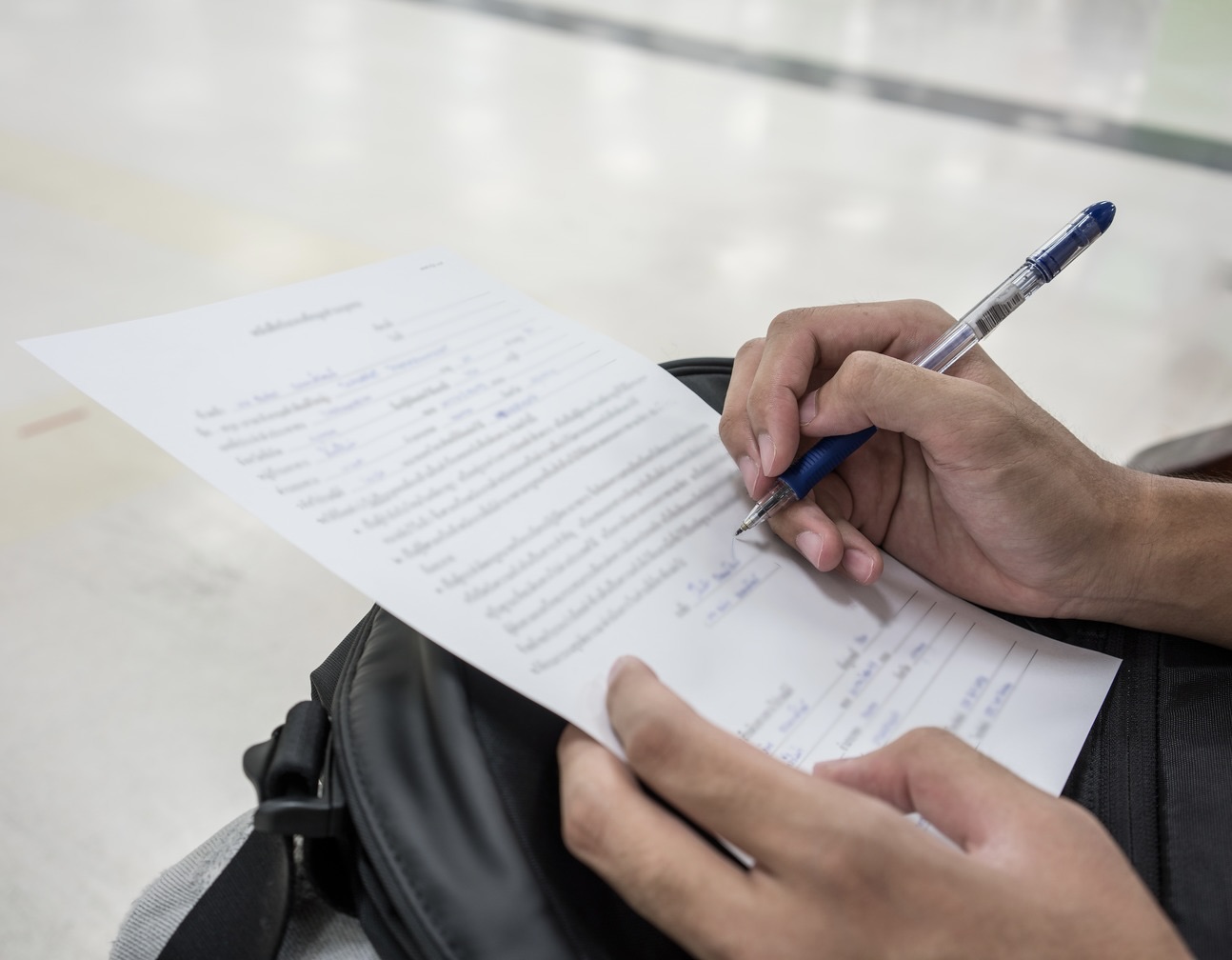It is imperative that employers have knowledge of what to observe and what to do when an employee is suspected of being intoxicated on the job, even if there is a certainty that the consumption of alcohol had not occurred while on the job. Not only does an intoxicated employee strongly contribute to an unsafe work environment and reduce quality production it has the potential to increase your L & I costs.
OSHA mandates employers to record a workplace injury where more than basic first aid is required. Section 1904.5(b)(2)(vi) states “You are not required to record injuries and illnesses if the injury or illness is solely the result of personal grooming, self-medication for a non-work-related condition, or is intentionally self-inflicted.”
Amanda Edens, head of OSHA’s Technical Support and Emergency Management Directorate, responded to an inquiry on whether “self-medicating with alcohol for a non-work-related condition of alcoholism” qualified for the reporting exemption. She stated, “This ruling does not apply because consuming alcohol does not treat the disorder of alcoholism. Instead, drinking alcohol is a manifestation of the disorder.”
Alliance 2020 has Supervisors Reasonable Suspicion Training to assist Non-DOT and mandated DOT organizations to know how to recognize and take positive action to eliminate these risks in your workplace. To schedule training, contact Gavin Bray at 425-264-1019.




